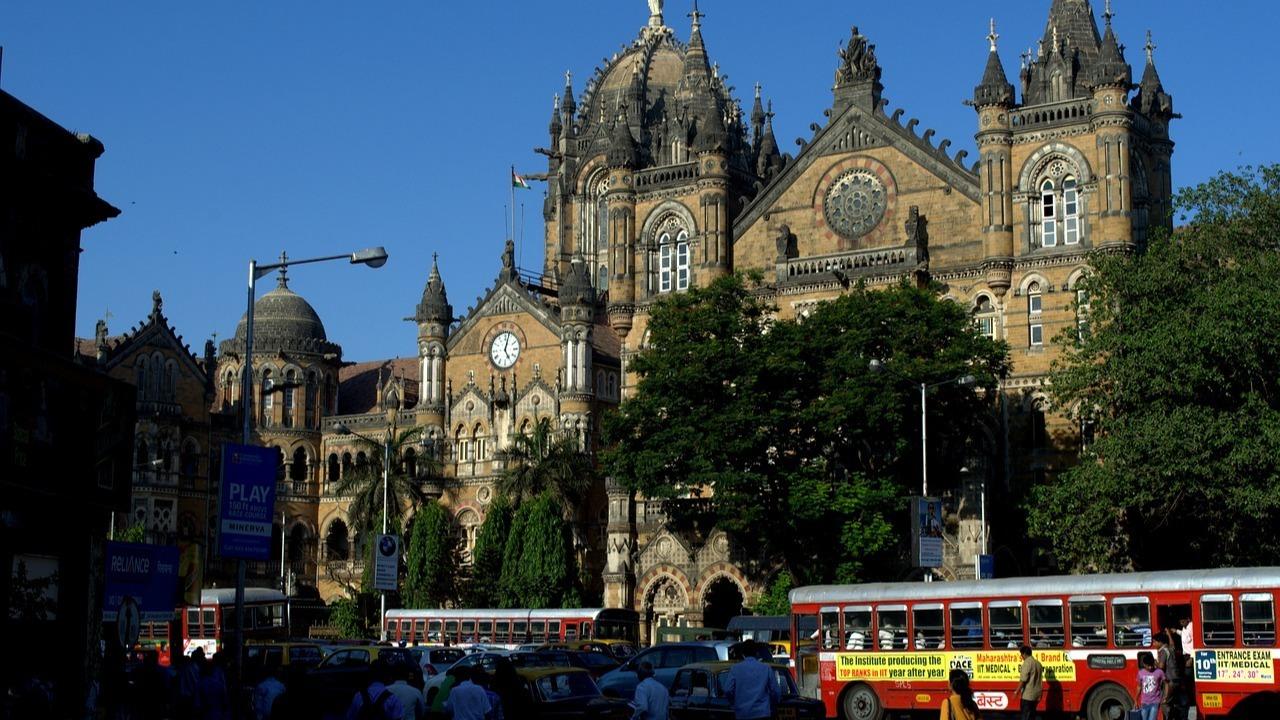Published 22:03 IST, January 28th 2025
Maharashtra Sets Up Panel To Explore Phasing Out Petrol, Diesel Vehicles In Mumbai
As per the Maharashtra transport department's provisional data, around 1.20 crore vehicles are registered at nine Regional Transport Offices (RTOs) in the Mumbai Metropolitan Region (MMR) till December 2024.
- India News
- 4 min read

Mumbai: The Maharashtra government has formed a seven-member committee to explore the possibility of banning petrol and diesel vehicles in the Mumbai Metropolitan Region and allowing only CNG and e-vehicles in view of the city’s worsening air quality.
The panel, headed by retired IAS officer Sudhir Kumar Shrivastava, will study and submit a report with its recommendations within three months, as per the government resolution (GR) dated January 22.
As per the Maharashtra transport department's provisional data, around 1.20 crore vehicles are registered at nine Regional Transport Offices (RTOs) in the Mumbai Metropolitan Region (MMR) till December 2024.
Out of around 1.20 crore vehicles registered in MMR till December 2024, Mumbai city's share is 50 lakh, Thane region has 57 lakh vehicles, while 13 lakh vehicles are in the Panvel region, including at the Pen RTO office in Raigad district, as per the data.
The MMR, spread across 6,640 sq. km, consists of nine municipal corporations- BMC, Thane, Kalyan Dombivali, Navi Mumbai, Ulhasnagar, Bhiwandi Nizampur, Vasai Virar, Mira Bhayandar, and Panvel, and nine municipal councils along with 1,000 plus villages in Thane and Raigad districts.
The GR stated that the committee is empowered to include experts in the field as fellow members and get feedback from them.
The panellists include Maharashtra's transport commissioner, Mumbai's joint police commissioner (traffic), the managing director of the Mahanagar Gas Limited, project manager of the Maharashtra State Power Distribution Company Limited (Mahavitaran), the president of the Society of Indian Automobile Manufacturers (SIAM), and joint transport commissioner (enforcement-1) as member secretary.
In 2021, the Maharashtra Pollution Control Board (MPCB) appointed a committee under retired additional transport commissioner Satish Sahasrabuddhe to frame policy measures for reducing road transport emissions in MMR.
The Sahasrabuddhe panel concluded that the number of vehicles increased rapidly in MMR at a compounded growth rate of 15.95 per cent every year in the last decade. The number of vehicles in MMR is more than 25 per cent of the overall vehicle population in Maharashtra.
"Vehicles are found to be the second highest contributor after road dust and the top contributor among the combustion sources. Transport particulate emissions are chemically reactive. The particulate size is below 0.5 μm, which is harmful to human health," the report stated.
Hearing a suo-motu (on its own) Public Interest Litigation on January 9, the Bombay High Court expressed serious concerns over the traffic congestion and increasing pollution in Mumbai city and their negative impact on the quality of life, environment and overall sustainability.
The HC pointed out that vehicular emissions are a major source of air pollution, noting that the current measures to control the number of vehicles and pollution in Mumbai are proving inadequate.
Acting on the HC's observations, the state government has formed a committee of experts to study and submit a report on the feasibility of imposing a ban on petrol and diesel vehicles in MMR and allowing only CNG and electric vehicles.
The high court had also said that automobiles choking Mumbai’s roads were a major contributor to the city’s worsening air quality.
It emphasised the need for a thorough study to be conducted on whether it would be “appropriate or feasible to phase out diesel and petrol-driven vehicles”.
The high court said the committee that would be formed by the government shall conduct its study within three months and submit its report.
The Maharashtra government had constituted the VM Lal Committee more than two decades ago to address the issue of vehicular pollution in Mumbai.
The panel was tasked to identify the sources of pollution and its impact on public health and suggest measures to reduce air pollution caused by vehicles.
According to Maharashtra Transport Commissioner Vivek Bhimanwar, the number of vehicles registered across all RTOs in the state stands at 3.80 crore.
He had said the number of registered vehicles in Maharashtra may rise to six crore by 2030 and 15 crore by 2035, with an annual growth rate of 6-8 per cent.
Get Current Updates on India News, Entertainment News along with Latest News and Top Headlines from India and around the world.
Updated 22:03 IST, January 28th 2025
